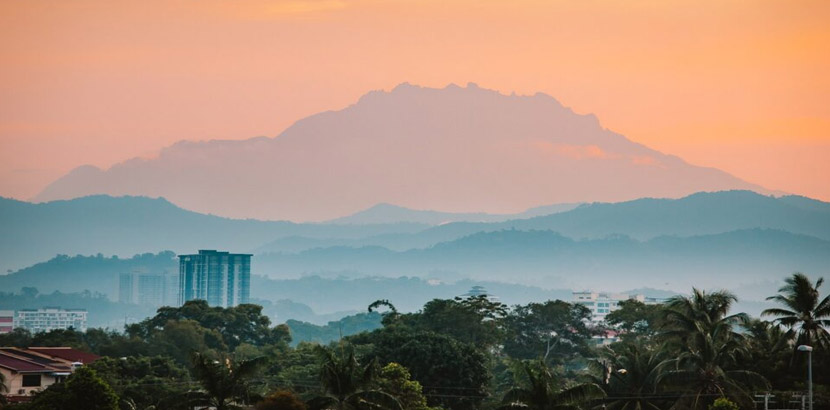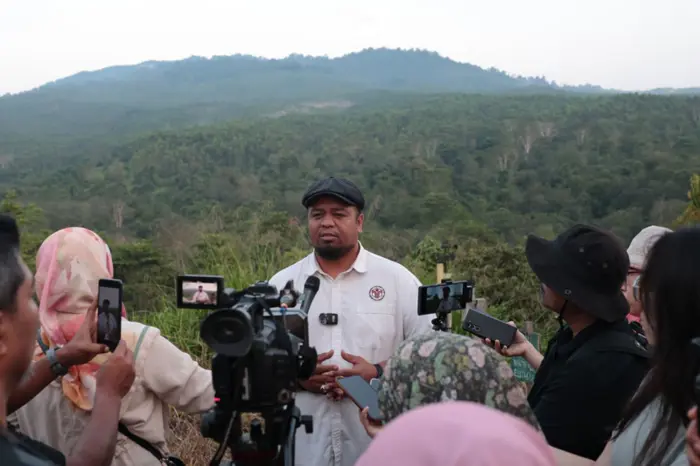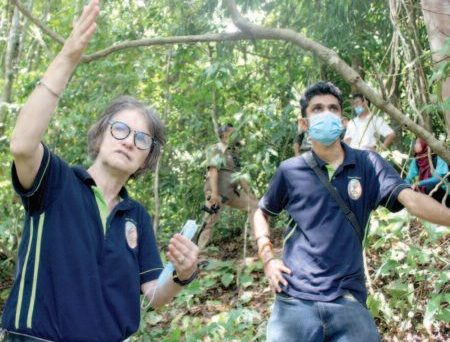Source: Travel and Tour World
Nestled in the northern part of Borneo, Sabah is a treasure trove of natural wonders and rich cultural heritage, making it a captivating destination for travelers seeking both adventure and cultural immersion. The state’s tourism sector has seen significant growth, largely attributed to its successful positioning within the Southeast Asian tourism market.
YB Datuk Christina Liew, Sabah’s Minister of Tourism, Culture, and Environment, recently highlighted the diverse international markets contributing to this growth, ranging from neighboring Asian countries to distant European nations, underlining Sabah‘s wide-ranging appeal and the effectiveness of its promotional strategies.
Sabah’s Global Appeal and Key Markets
Sabah’s allure as a tourism destination is vividly illustrated by its ability to attract visitors from across the globe. The key markets identified by YB Datuk Christina Liew—China, Korea, Japan, and various Southeast Asian countries, along with notable numbers from the UK and Germany—reflect a broad spectrum of cultures and preferences, signifying Sabah’s versatility as a destination.
This diversity not only showcases Sabah’s global appeal but also speaks volumes about the effectiveness of its marketing and promotional efforts tailored to different audiences. The blend of natural beauty, from the majestic Mount Kinabalu to the pristine waters of Sipadan, combined with a rich tapestry of cultural experiences, positions Sabah as a unique destination within Asia.
Impact of Rebranding Efforts
The strategic rebranding efforts undertaken at ITB Berlin in the previous year have played a pivotal role in elevating Sabah’s profile on the international stage. Recognizing the need to stand out in the competitive tourism market, Sabah introduced a fresh, compelling narrative to showcase its unique offerings.
This initiative has borne fruit, particularly in drawing more tourists from Europe and Australia, regions that may not have traditionally considered Southeast Asia for nature and cultural tourism.
The success of these rebranding efforts is a testament to Sabah’s commitment to innovation in its tourism strategies, ensuring that the beauty and diversity of Sabah are communicated effectively to a global audience.






